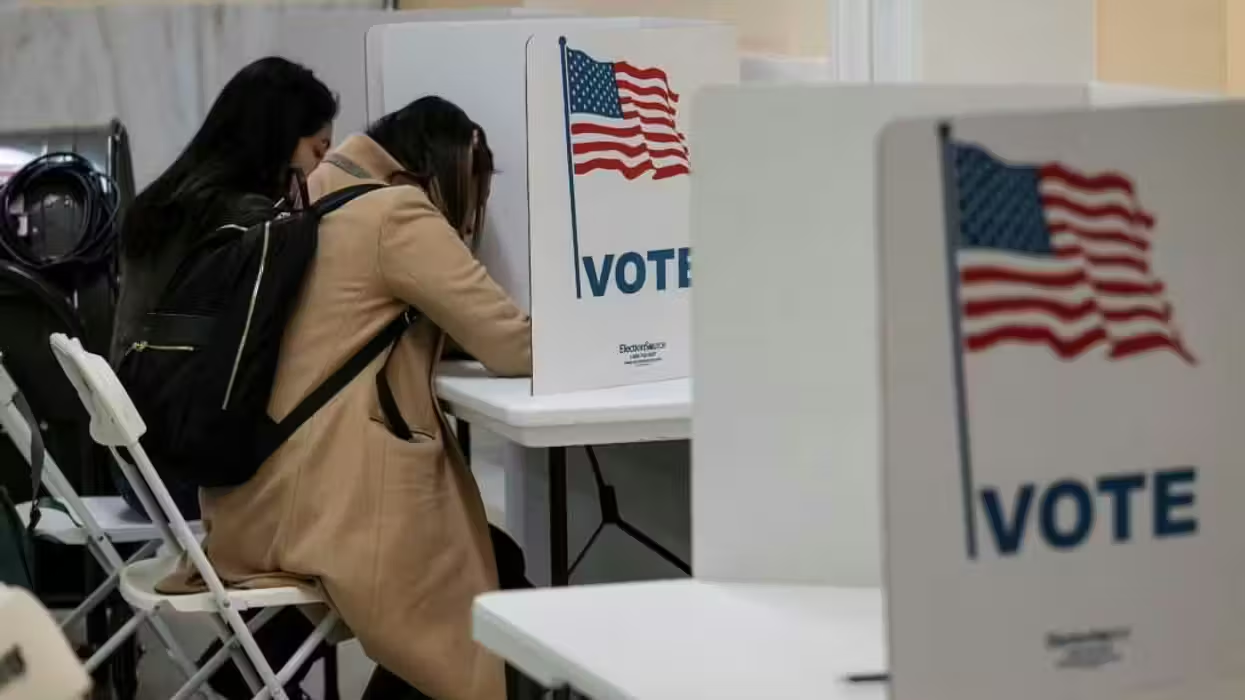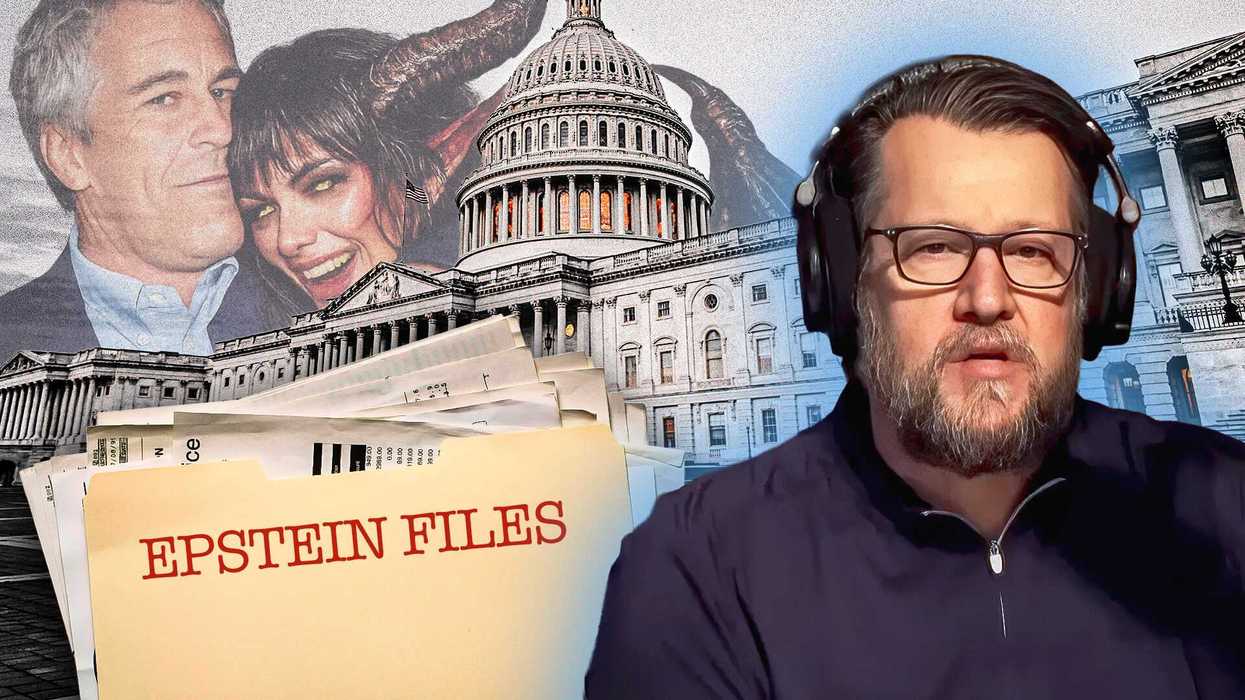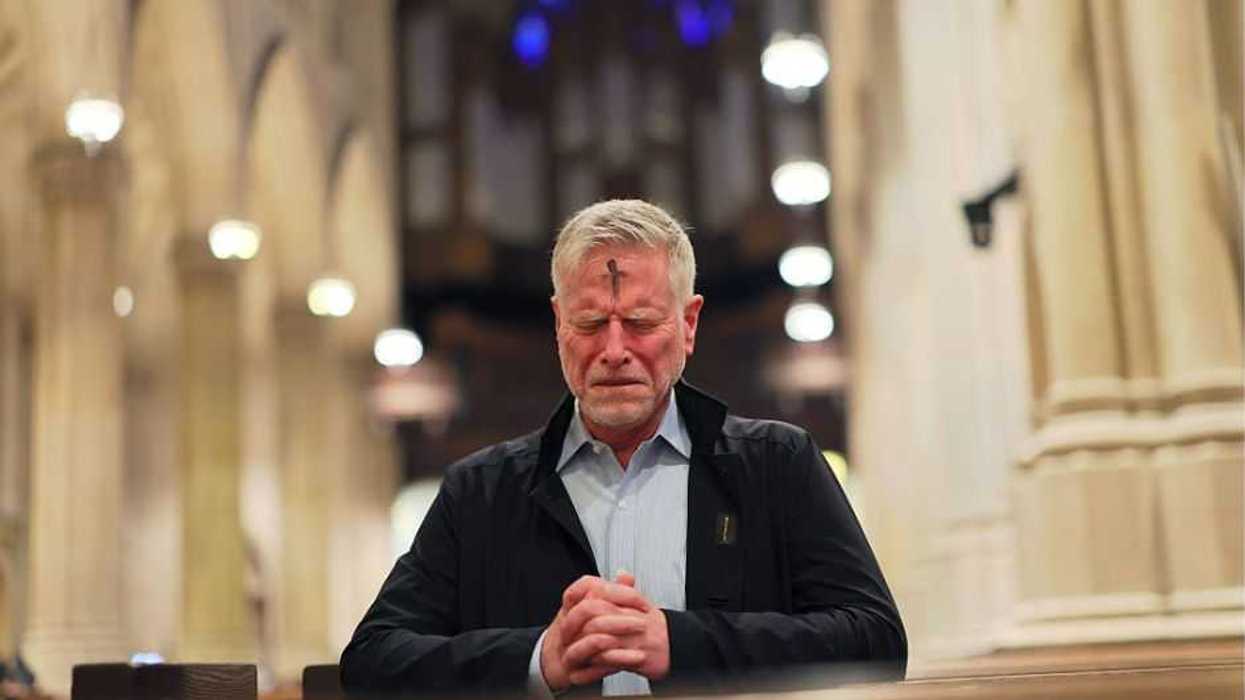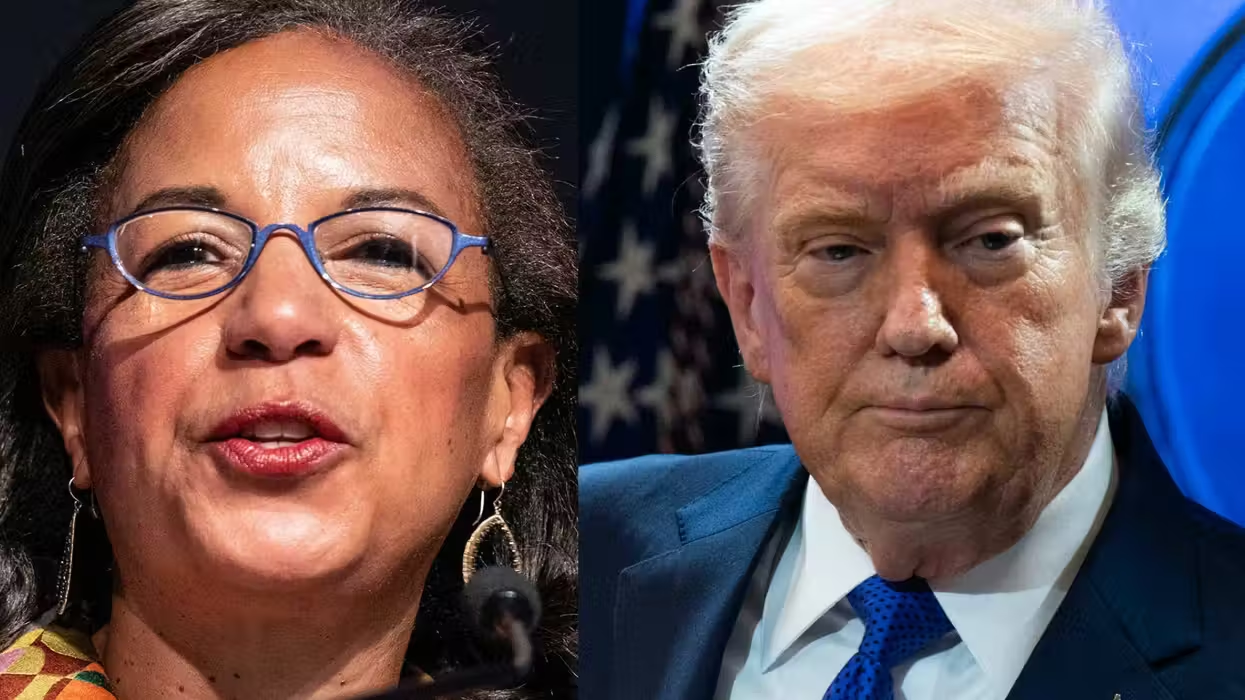© 2026 Blaze Media LLC. All rights reserved.
Vanderbilt University: Christian Campus Groups Can't Require Leaders to Have Specific Beliefs
February 01, 2012
"There are people on campus who are very threatened by the idea of religious freedom..."
 The drama over student rights and religious freedom continues to rage at Vanderbilt University, as the higher education facility doubled-down this week on enforcing strict rules that some say discriminate against campus religious groups.
The drama over student rights and religious freedom continues to rage at Vanderbilt University, as the higher education facility doubled-down this week on enforcing strict rules that some say discriminate against campus religious groups.
At the center of debate is the university's nondiscrimination policy, which bans student-led faith groups, among others, from requiring leaders to hold specific beliefs.
The policy, which in many ways contradicts theological requirements, has created angst among members of both the student body and the university's faculty. These opponents see the ban as a crackdown on their freedom of religion and speech. School leaders, though, maintain that the policy is necessary to ensure that all students feel welcome at campus clubs and events.
The Blaze first reported about the situation back in September. Our original coverage provides the background needed to understand how the situation was started:
Vanderbilt University in Nashville, Tennessee, is making headlines after a Christian fraternity, Beta Upsilon Chi, asked an openly gay member to resign. Upon leaving the group, the young man filed a discrimination complaint and now college administrators are trying to figure out whether the campus organization violated the school’s nondiscrimination policy.Of course, this incident has grown into a much larger controversy in which university administrators are reviewing all student-led organizations. As a result, officials are concerned about specific clauses that five Christian campus groups have in their constitutions.
These clauses require members of the groups to share their religious beliefs, something that didn't concern campus administrators until the student's complaint was made. Now, the school wants the constitutions amended and the controversial clauses dropped.
 Currently, four campus groups violate this policy, as they require their leaders to maintain Christian messages. Club heads argue, though, that leaders responsible for planning Bible studies should actually believe in the material they are preaching. The campus groups in question are the Christian Legal Society, Beta Upsilon Chi, Graduate Student Fellowship and Fellowship of Christian Athletes.
Currently, four campus groups violate this policy, as they require their leaders to maintain Christian messages. Club heads argue, though, that leaders responsible for planning Bible studies should actually believe in the material they are preaching. The campus groups in question are the Christian Legal Society, Beta Upsilon Chi, Graduate Student Fellowship and Fellowship of Christian Athletes.
At an event on Tuesday evening, the college defended its policies to an audience of over 200 students. Provost Richard McCarthy and Vice Chancellor for University Affairs and Athletics said that the university doesn't plan to back down. If student groups fail to comply, they will lose their official status with the college. Despite administrators' insistence, the community forum did provide students with an opportunity to share their opposition and reasoning with policy-makers at the helm.
"The Vanderbilt discrimination policy is directed against the Christian community," said Leighton Watts, a member of Beta Upsilon Chi, a Christian fraternity (he wasn't inside the meeting, but he was watching from a computer outside of the venue and commented to media).
"We want to be able to elect our leaders based on our beliefs," said Joseph Williams, a former student body president at the university. He spoke out against the restrictions during a question and answer period.
McCarthy's response to this was intriguing: Students can vote for any individual they'd like, but the clubs cannot have written rules banning students who don't hold specific views from running for leadership roles. He essentially told students not to vote for people with whom they disagree.
Carol Swain, a law professor at Vanderbilt and an adviser to the Christian Legal Society, disagrees with the college's stance and is working to assist groups who stand opposed to the rule. In an interview with FOX News, she said:
"There are people on campus who are very threatened by the idea of religious freedom and they would like to create an environment where no one hurts anyone else’s feelings – unless it’s Christians.This political correctness is running amuck on campus and its constraining one group – and that group tends to be conservatives. They will be forced to either accept the university’s policy or leave campus by the end of the academic year. They are in limbo."
The Blaze also spoke with Joshua Charles, who co-authored Glenn Beck's "The Original Argument." Charles, who was a Founding Father and President of the Beta Upsilon Chi chapter at the University of Kansas, had some strong feelings on the matter.
"It seems difficult to imagine a scenario in which any religious group could, without any infringement whatsoever, worship and practice freely if they
cannot even make decisions on their own membership or leadership," Charles said. "Groups are formed in order to advance causes, ideals, or something of the sort. But if the integrity of that group cannot be maintained, then neither can
the causes or ideals for which it was founded in the first place."
In the end, Christian student groups are clearly stuck at this point, as administrators are refusing to budge. But it's not just religious groups that could encounter a problem. What if a gay and lesbian rights group on campus wants to ensure that those in leadership roles hold true to certain values of equality? Or -- what if an environmental group wants members to pledge their allegiance to protecting the earth?
"Freedom of association -- the ability to mingle with those you wish to mingle
with, to connect with those you wish to connect with, and to join in common
cause with them, is a fundamental liberty," Charles continued.
In the end, this is a policy that certainly holds the potential to create further angst and inter-student contention.
(H/T: Tennessean)
Want to leave a tip?
We answer to you. Help keep our content free of advertisers and big tech censorship by leaving a tip today.
Want to join the conversation?
Already a subscriber?
Billy Hallowell is a digital TV host and interviewer for Faithwire and CBN News and the co-host of CBN’s "Quick Start Podcast."
Billy Hallowell
Billy Hallowell is a digital TV host and interviewer for Faithwire and CBN News and the co-host of CBN’s "Quick Start Podcast."
more stories
Sign up for the Blaze newsletter
By signing up, you agree to our Privacy Policy and Terms of Use, and agree to receive content that may sometimes include advertisements. You may opt out at any time.
Related Content
© 2026 Blaze Media LLC. All rights reserved.
Get the stories that matter most delivered directly to your inbox.
By signing up, you agree to our Privacy Policy and Terms of Use, and agree to receive content that may sometimes include advertisements. You may opt out at any time.






